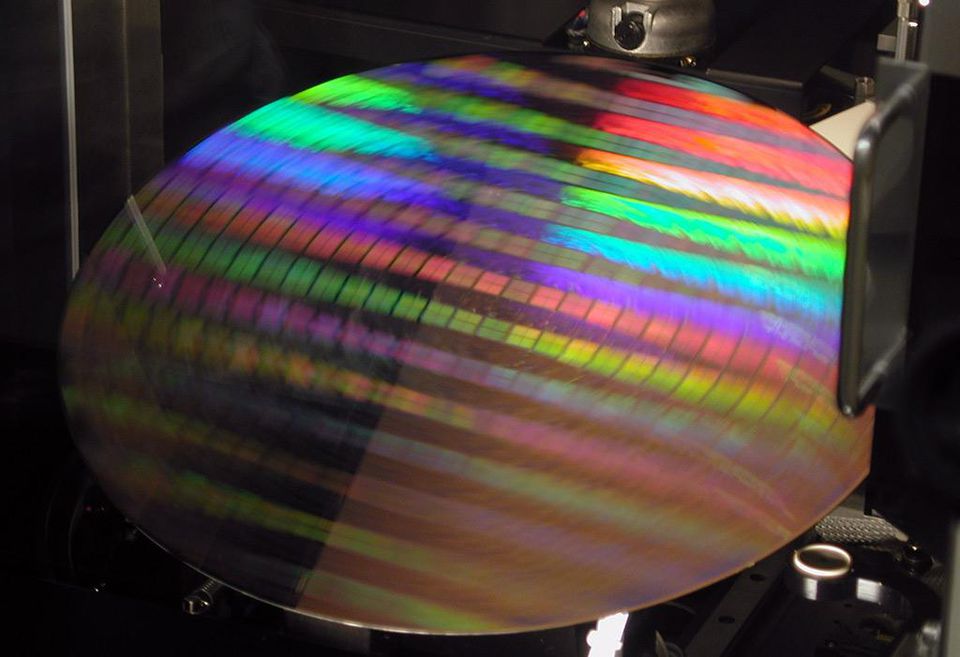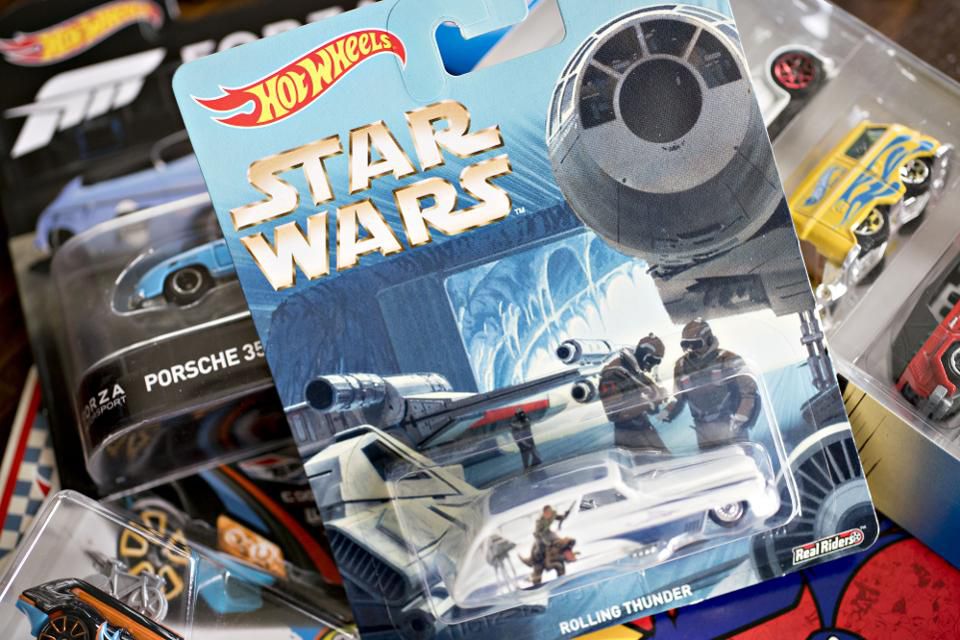Water is an essential component of life and is used in many industrial applications. However, only 3% of water is freshwater, which means that water can become contaminated with different substances – for example, oil. This is why it’s important to remove oil and other contaminants from your compressed air system. However, because oil bonds to water, the process of removing it can get complicated. Luckily, oil water separators north carolina can get the job done while helping your facility meet EPA requirements.
Types of Oil Water Separators
There are many types of oil water separators to choose from. Some of the more common types include:
- Conventional gravity separators (API): Because oil is less dense than water, using the force of gravity can separate oil and other contaminants from water. The oil rises to the top, which allows contractors to skim it off the top and dispose of it.
- Parallel plate gravity separators: Corrugated plates parallel to one another in a tank allow water and oil to flow through the tank and in between the plates. The oil then rises to the surface where it can be collected and discharged into a used oil tank.
- Hydroclone water oil separators: When oily water is injected at an angle into the tank, it creates an active vortex that forms a cyclone or spiral shape. Because it’s denser than oil, water makes its way to the outer edges and exits for further processing.
- Flotation separators: Uses dissolved air to increase the rate at which oil rises. As the oil rises to the top, it can be skimmed off and held in another tank.
Choosing the Right Oil/Water Separator
You may feel overwhelmed from the many types of oil water separators, but they can all be efficient in removing oil from your compressed air system. Though they might use slightly different processes, the product is the same – separating oil from water.

















